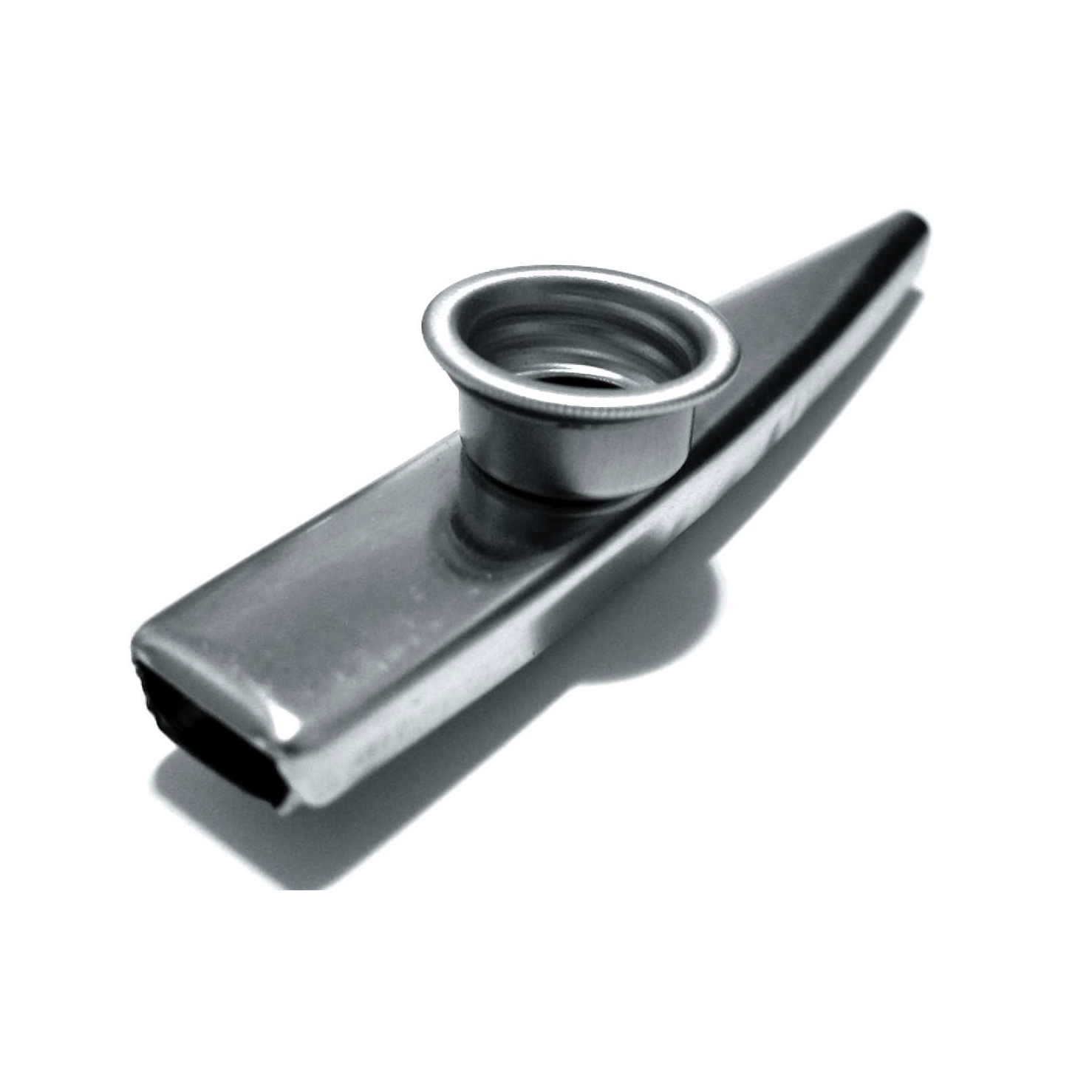Note that the deadline for applications to our graduate programs is approaching fast: December 15!. Here’s some information about recent changes in our program.
The McGill Graduate Program in Linguistics has recently undergone significant restructuring and expansion, which should make it more appealing to students interested in experimental research.
The new Experimental Stream offers a two-course sequence in Experimental Linguistics (‘Foundations’ and ‘Methods’), focusing on experimental, statistical, and computational methods. There are further new offerings in the areas of expertise of our recent hires: Meghan Clayards (Phonetics and Psycholinguistics), Morgan Sonderegger (Computational Phonology and Phonetics), and Michael Wagner (Prosody and Language Processing). These additions complement existing strengths in L2 Acquisition of Syntax (Lydia White), L1 and L2 Acquisition of Phonology (Heather Goad), Neurolinguistics (Yosef Grodzinsky) and Sociolinguistics (Charles Boberg). The experimental stream allows our students to focus on empirical studies while also acquiring a solid grounding in linguistic theory. The department has excellent resources for conducting empirical research: two experimental labs, a field methods lab, and soon also a computational lab, equipped with state-of-the-art equipment, including eye trackers, sound-attenuated booths, and high-performance computers. We are affiliated with many other experimental facilities through the Centre for Research on Brain, Language, and Music (crblm.org), and also have close ties to the School of Communication Sciences and Disorders and the Department of Psychology.
At the same time we have also extended our offerings in syntax and semantics. Luis Alonso-Ovalle has joined Brendan Gillon and Bernhard Schwarz to strengthen our program in the areas of Formal Semantics and Pragmatics. Jessica Coon has joined Junko Shimoyama and Lisa Travis to extend our syntax offerings, and has also reinvigorated the department’s long tradition in teaching Field Methods and conducting Field Work, which has already resulted in a collaborative language revitalization project with a local community (seemigmaq.org for more information).
The 5-year PhD program in Linguistics offers a competitive funding package and allows for applications straight from a B.A. or after an M.A. Applicants are admitted to the program rather than to work with a specific supervisor. This gives students considerable flexibility in developing their own research agenda. The program offers a tight curriculum of core courses in the first year, and a lighter load with more in-depth courses in the second year. Students write and defend two evaluation papers before embarking on their dissertation research, as is common in other North American Ph.D. programs.
The stand-alone M.A. program is intended for students who wish to pursue further studies in Linguistics before deciding whether or not to continue on to a Ph.D. program. We also offer a Qualifying Year program for students transitioning into Linguistics from other fields.
More information about research and teaching in the department is available on our website (http://www.mcgill.ca/linguistics/graduate). Our website also provides information on living in Montréal, where McGill University is located, a cosmopolitan, bilingual, and affordable city. Instruction at McGill is in English.
Note that we have a comparatively early deadline: December 15th.
We’d be excited to see your applications this fall!
The Department of Linguistics, McGill University
Applications Deadline: 15-Dec-2012
Web Address for Applications: http://www.mcgill.ca/linguistics/graduate
Contact Information: Heather Goad (heather.goad@mcgill.ca)
